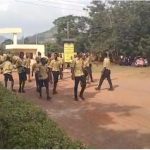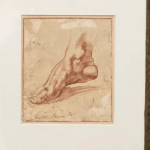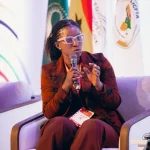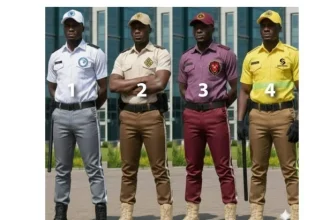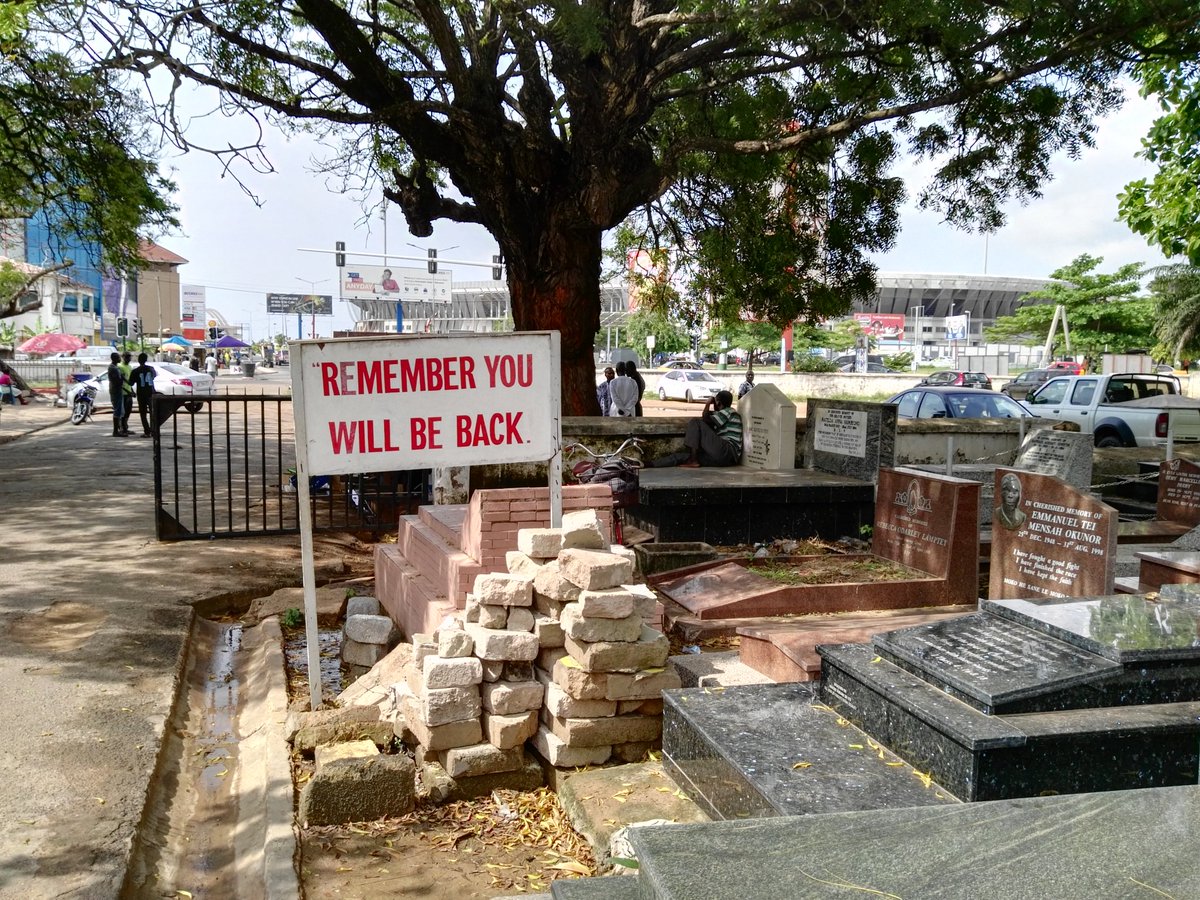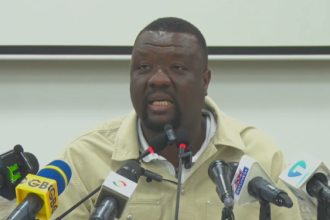A former Rector of the Ghana Institute of Journalism (now UNIMAC-GIJ), Dr Wilberforce Dzisah, has urged media practitioners to desist from serving as a medium to perpetuate hate speech.
He cautioned media houses not to give prominence to political actors whose utterances are likely to disturb the peace and security of the country.
Dr Dzisah warned the media against being used as a conduit to propagate hatred against any individual or group.
He said that was the only way the country could emerge from the December 7 presidential and parliamentary elections united.
“We must ensure that those we speak to, those we bring to our studios to communicate for the various political parties do not unnecessarily incite hatred, intolerance, particularly religious intolerance and also issues of gender violence,” Dr Dzisah stressed.
Dr Dzisah said journalists and the media at large, had a crucial role to play in sustaining the country’s peace and democracy.
He said they must, therefore, act professionally in the discharge of their duties, cautioning them against allowing themselves to be used as tools to stoke political, religious and tribal tensions.
“We must also eschew issues of ethnocentrism, tribalism and also religious intolerance,” he emphasised.
Dr Dzisah also stressed on the relevance of an impartial, accurate, and objective coverage of the 2024 elections, reminding journalists of the importance of prioritising the national interest over every other interest.
“We should first and foremost show professionalism, we should be objective and balanced in our reports, we should check our facts and we should also ensure that we do not fall for disinformation, misinformation and mal-information and it is important that truth will stand in our engagements,” he said.
Dr Dzisah who is currently the Head of the Department of Liberal Arts and Communications Studies at the Ghana Institute of Management and Public Administration (GIMPA), urged Ghanaians to be mindful of their utterances, especially in the run-up to the 2024 elections, stressing that even though they were at liberty to express opinions on matters of national interest, such must be done within the confines of the laws of the country.
“To every law, there is an exception,” he said, adding that “Article 164 of our 1992 Constitution specifies that we cannot disseminate information that could lead to disorder or affect public morality in terms of national security.
He was speaking at a two-day training organised by the United Nations Educational, Scientific and Cultural Organisation (UNESCO) for journalists in the Greater Accra Region.






